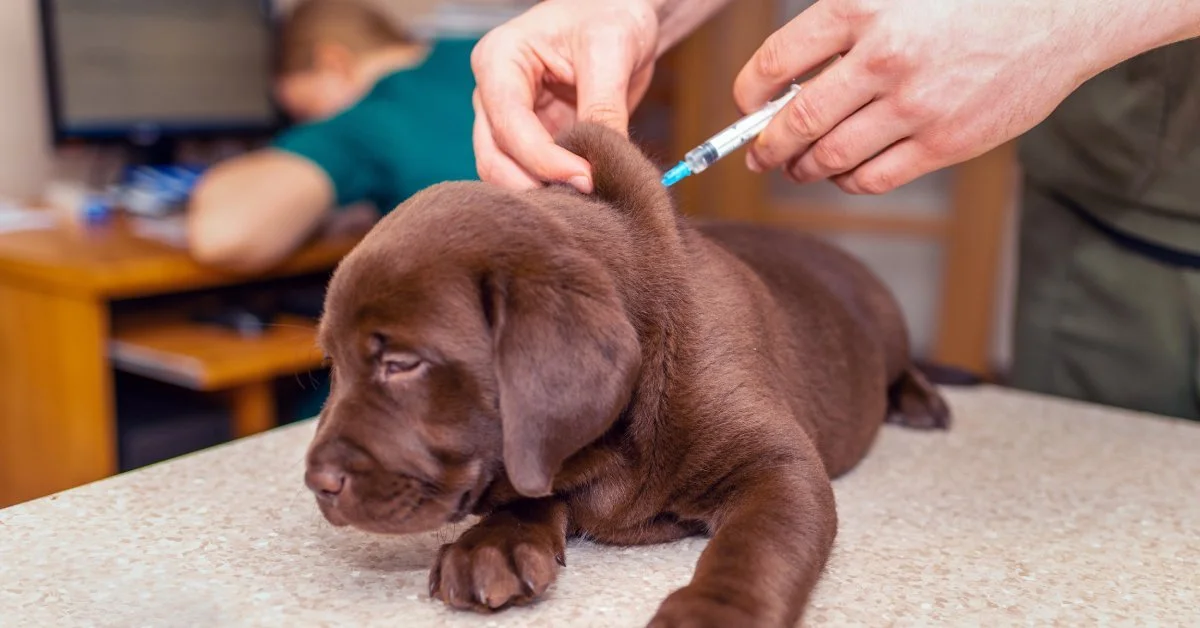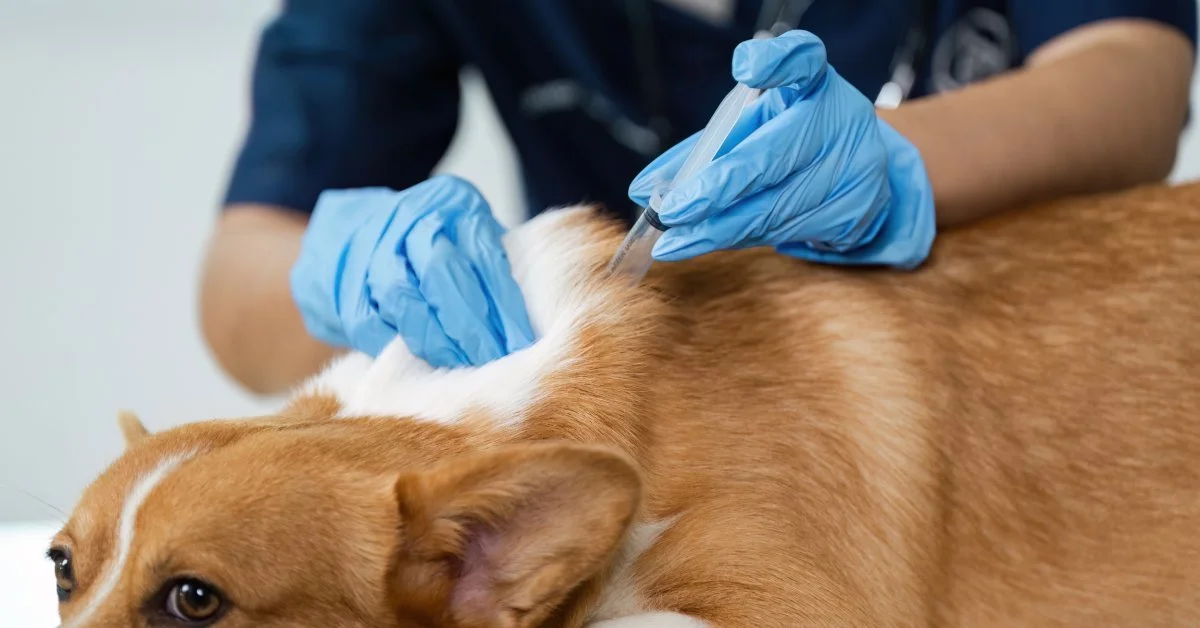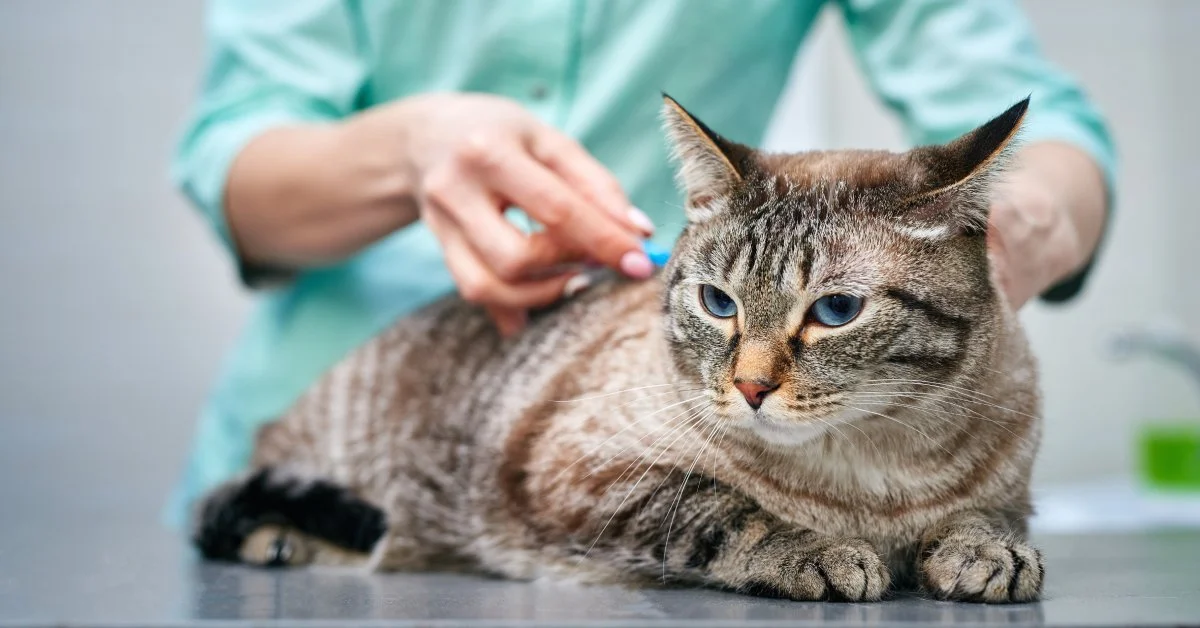All About Pet Vaccinations: What Dogs and Cats Need and When
Getting a pet is a big responsibility. Whether you’re welcoming a new kitten into your life or adopting an adult dog, it’s important to make sure your new pet has all the necessary vaccinations. These shots are an important element of preventative health care for pets and protect your new family member from a range of serious, often fatal conditions. Much like with humans, vaccines help your pet’s body develop antibodies to fight off future infections to give them a better chance at recovery.
The Complete Pet Animal Hospital is here to tell you all about pet vaccinations, focusing on what shots dogs and cats need and when they should get them. While we aim to review the core and noncore vaccines, it’s important to know that some vaccination laws may vary by area. Therefore, you should always check with your local vet for more information to create the best possible health plan for your pet.
The Differences Between Core and Noncore Vaccines
The two main types of vaccines for your pets are core and noncore. These classifications help veterinary professionals tailor a specific plan that addresses the needs of your pet.
Core vaccinations are essential for dogs and cats and generally have laws requiring owners to schedule these shots, regardless of their lifestyle or location. Many core vaccines protect pets from dangerous diseases that can easily spread to other animals and even humans, resulting in severe illness or death.
Noncore vaccines are generally optional, but a vet may recommend them based on physical location, lifestyle, or general environment. Some of these noncore vaccines can protect against certain health concerns later in your pet’s life.
Core Vaccines for Dogs
Core vaccines for dogs provide protection against several severe and life-threatening diseases. Below are some of the big vaccines that your dog may have to get and why they’re so important.
The Rabies Vaccine
Rabies is a serious and harmful condition that dogs can spread to humans through a bite. Nearly all states have laws requiring dogs to get a rabies vaccine to help reduce the spread.
The Distemper Vaccine
The distemper virus is highly contagious and can attack your dog’s respiratory, gastrointestinal, and nervous systems.
The Parvovirus Vaccine
This essential shot protects dogs from the parvovirus, which is exceptionally contagious and can cause severe vomiting and diarrhea. This disease is especially dangerous for puppies, so dog owners should seek it out while their pet is young.
The Adenovirus and Parainfluenza Vaccines
Many vets combine these vaccines with the distemper vaccine in a single shot known as the DHPP or DAPP. Not only does it prevent these conditions, but it can also protect dogs from other conditions (like hepatitis) later in life.
Noncore Vaccines for Dogs
Vets may also recommend a few noncore vaccines for your dog based on specific lifestyles or other conditions. Below are two of the most common.
The Bordetella Bronchiseptica Vaccine
This harmless shot can protect against kennel cough, a common respiratory infection in dogs. Many dog services, like groomers or boarding facilities, require this vaccine to make sure your dog isn’t a danger to other pets.
The Leptospirosis Vaccine
Leptospirosis is a bacterial disease that spreads through urine and can lead to kidney or liver problems. Many dogs pick it up from swimming in or drinking from water sources like lakes, rivers, or even puddles.
Core Vaccines for Cats
Cats have their own share of health concerns, and getting the right core vaccines is essential for supporting their health. Here are the main vaccines most states require cat owners to get.
The Rabies Vaccine
Much like with dogs, the rabies vaccine is just as important for cats, especially ones that go outdoors and encounter wildlife. Many states legally require that cats have this vaccine.
The Feline Viral Rhinotracheitis, Calicivirus, and Panleukopenia Vaccine
Sometimes referred to as the feline distemper or FVRCP shot, this vaccine is an important aspect of feline health. Feline viral rhinotracheitis and calicivirus are major causes of upper respiratory infections in cats. Panleukopenia, or feline distemper, is a highly contagious and often fatal disease that attacks the gastrointestinal tract and immune system.
Noncore Vaccines for Cats
Cats have varying noncore vaccine options that depend on elements of their lifestyle, like whether they’re indoor or outdoor cats or what exposure they have with other animals. Here are some that your vet may recommend.
The Feline Leukemia Virus (FeLV) Vaccine
Feline leukemia is a serious viral infection that weakens your cat’s immune system and can lead to cancer. Many outdoor cats benefit from this shot.
The Feline Immunodeficiency Virus (FIV) Vaccine
Another strong recommendation for outdoor cats, FIV typically spreads through bite wounds. While the FIV vaccine can offer some protection, its effectiveness varies, and your veterinarian can help you weigh the pros and cons.
The Puppy and Kitten Vaccination Schedule
Knowing all about pet vaccinations means knowing what dogs and cats need and when. Puppies and kittens often gain some immunity from their mothers’ milk, which is why it’s important not to separate them when they’re too young. However, this protection wanes after six to eight weeks.
Vets normally start vaccination processes around this period, giving pets a series of shots every three to four weeks until they’re about 16 to 20 weeks old. Your veterinarian will create a specific schedule for your young pet, ensuring they receive all their core vaccines at the appropriate intervals to establish foundational immunity.
Adult Pet Vaccination and Boosters
After completing their initial puppy or kitten series, pets require regular booster shots to maintain their immunity throughout their adult lives. The frequency of these boosters depends on the specific vaccine and your veterinarian’s recommendations.
Some vaccines, like rabies, may require a booster one year after the initial shot and then every one to three years thereafter. Vets may administer other core vaccines, like the DHPP for dogs and the FVRCP for cats, one year after the initial series and then every three years for a boost.
For all these vaccines and more, you can rely on the friendly, professional team at the Complete Pet Animal Hospital to provide top-quality care for your furry family members. If you’re looking for a trusted veterinarian in Litchfield Park, AZ, contact us today to schedule your pet’s appointment. We’re here to help your pet thrive!



